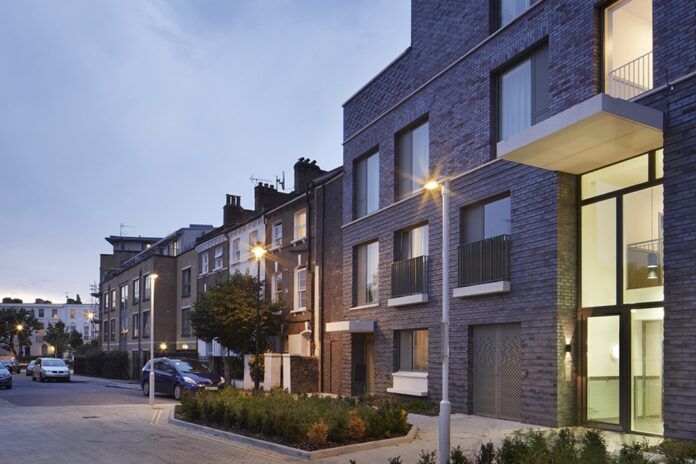
The NHBC Foundation has published a new report; The UK’s progress towards a Passivhaus standard in new homes.
The report is a follow-up to research that the NHBC Foundation undertook more than ten years ago, examining whether Passivhaus could address climate change objectives. According to a statement, this report considers why the delivery of Passivhaus at scale remains a considerable challenge, as well as highlighting where progress has been made.
The report also reflects on the cultural shift needed to construct homes to this standard alongside the end user and what they need to know about living in a low energy home. The original research, published in 2012, was undertaken in the context of the government’s commitment to deliver zero carbon homes from 2016 onwards.
The statement cited that homeowner concerns have shifted in the last decade; recent energy price increases have made them more aware of the running costs of running their homes and a need to reduce energy consumption.
This report revealed that the progress of Passivhaus development in the UK has been slow, with 2,900 fully certified buildings constructed in the UK. Yet there has been a notable shift in how building regulations incorporate key Passivhaus principles to enhance existing standards, it noted.
Richard Smith, head of standards, research and technical competency at NHBC, said: “This report looks at the many important aspects of Passivhaus and its enduring influence on how we can reduce the energy needs of new homes. It also benefits from a wealth of knowledge, expertise and experience shared with us by the contributors.
“Since we published our first report on Passivhaus in 2012, the standard has continued to evolve in the UK, providing recognition for sites incorporating renewable energy generation, retrofit projects and for developers requiring a transition towards a full certification. There is no doubt that the momentum of Passivhaus has laid the groundwork for many of the improvements we can make today.”
